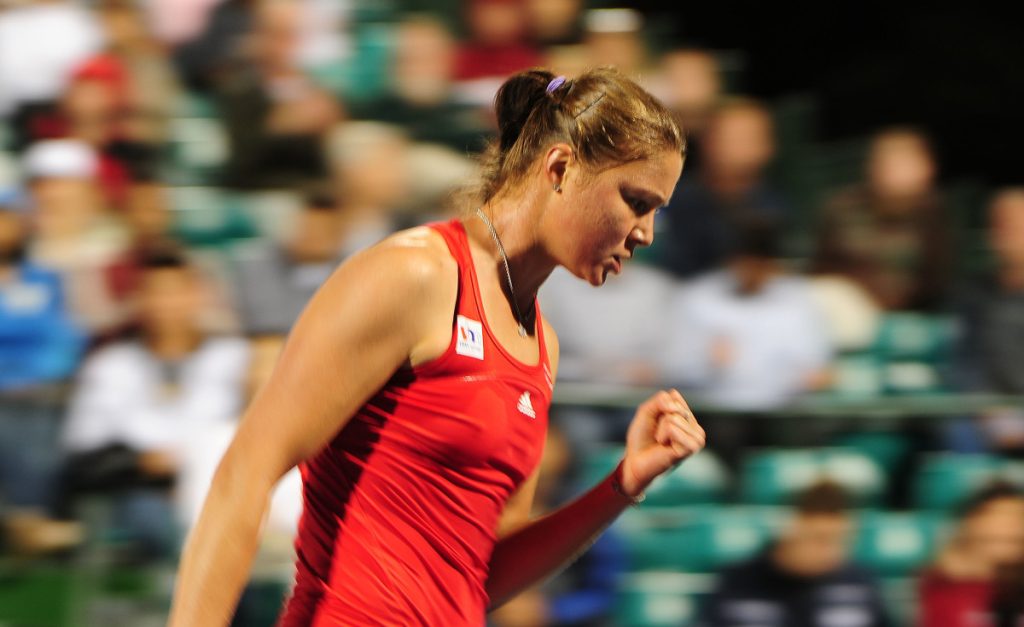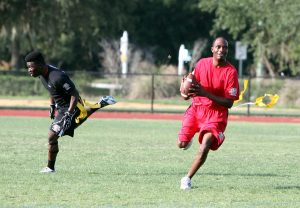Former World No. 1 Dinara Safina has always been known for her fierce competitiveness on the court. But in a recent candid revelation, she shared that her greatest battles came off the court — against binge eating disorder and depression.
After retiring from professional tennis 14 years ago, Safina embarked on a journey that was as varied as it was challenging. She returned to school and earned a law degree, worked in player relations for prestigious tournaments in Madrid, Moscow, and St. Petersburg, and even served as an operations director for an IT company — a role she admitted wasn’t a natural fit due to rigid office hours. Along the way, she lived in New York City and even coached rising star Anhelina Kalinina.

However, behind these achievements, Safina was privately grappling with deep struggles for much of the past decade.
“I went through a lot of things — I never spoke loudly about this,” Safina said. “I gained a lot of weight and I was struggling with binge eating disorder. I had it for quite a long time. Ups and downs. Depressions, struggling with it. I couldn’t find myself.”
The emotional toll was immense, as Safina described a cycle of losing control and searching for a sense of identity beyond tennis. For nearly ten years, her life was defined not by grand slam titles or global acclaim, but by the quieter, often invisible fight to regain her health and peace of mind.
It wasn’t until 2020 that Safina began to feel herself turning a corner. “Slowly, I started to get out of there,” she said, a smile finally crossing her face.
Today, Safina is in a much better place — embracing life in a new way, far from the relentless pressures of professional sport. Reflecting on her journey, she summed it up simply but powerfully:
“Actually,” she said, sighing, “living life.”

Safina’s story serves as a reminder that even the strongest athletes can face silent battles — and that healing, though slow, is always possible.
She has now taken up a coaching role with WTA player Diana Shnaider, and is currently at the Madrid Open in Spain, soaking in the tennis life she has been away from. The agreement with Shnaider only extends through the clay season. After Roland Garros, they’ll discuss the future.
“We’ll see,” Safina said, “It’s still to talk about.”
“I love how it’s going so far,” she Shnaider. “How she sees my game. What she wants me to improve and get better. “By the end of or maybe before [Roland Garros] we will sit and talk, maybe agree.”
Former World No. 1 Dinara Safina has always been known for her fierce competitiveness on the court. But in a recent candid revelation, she shared that her greatest battles came off the court — against binge eating disorder and depression.
After retiring from professional tennis 14 years ago, Safina embarked on a journey that was as varied as it was challenging. She returned to school and earned a law degree, worked in player relations for prestigious tournaments in Madrid, Moscow, and St. Petersburg, and even served as an operations director for an IT company — a role she admitted wasn’t a natural fit due to rigid office hours. Along the way, she lived in New York City and even coached rising star Anhelina Kalinina.

However, behind these achievements, Safina was privately grappling with deep struggles for much of the past decade.
“I went through a lot of things — I never spoke loudly about this,” Safina said. “I gained a lot of weight and I was struggling with binge eating disorder. I had it for quite a long time. Ups and downs. Depressions, struggling with it. I couldn’t find myself.”
The emotional toll was immense, as Safina described a cycle of losing control and searching for a sense of identity beyond tennis. For nearly ten years, her life was defined not by grand slam titles or global acclaim, but by the quieter, often invisible fight to regain her health and peace of mind.
It wasn’t until 2020 that Safina began to feel herself turning a corner. “Slowly, I started to get out of there,” she said, a smile finally crossing her face.
Today, Safina is in a much better place — embracing life in a new way, far from the relentless pressures of professional sport. Reflecting on her journey, she summed it up simply but powerfully:
“Actually,” she said, sighing, “living life.”

Safina’s story serves as a reminder that even the strongest athletes can face silent battles — and that healing, though slow, is always possible.
She has now taken up a coaching role with WTA player Diana Shnaider, and is currently at the Madrid Open in Spain, soaking in the tennis life she has been away from. The agreement with Shnaider only extends through the clay season. After Roland Garros, they’ll discuss the future.
“We’ll see,” Safina said, “It’s still to talk about.”
“I love how it’s going so far,” she Shnaider. “How she sees my game. What she wants me to improve and get better. “By the end of or maybe before [Roland Garros] we will sit and talk, maybe agree.”












